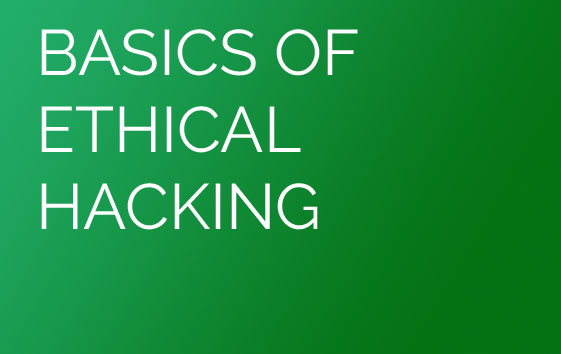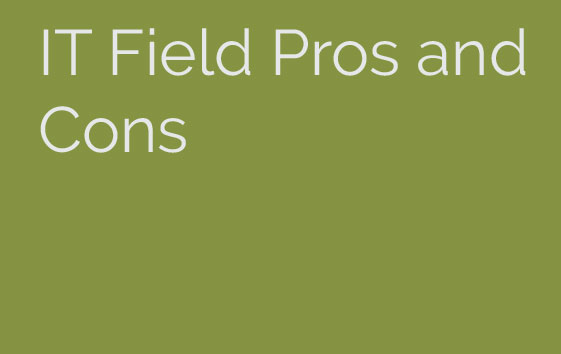Hi Friends...My New Blog on How to Speak English Well Part 1
This is the continuation of the previous blog.
Let's Continue:
11. Stop Being a Student and Start Thinking in English
Stop thinking of yourself as someone who is learning English, and start thinking of yourself as someone who speaks English. It is a small change, but it will make you feel more confident and help you to better use the English you already know.
This also means you need to start thinking in English. If you want to say the word apple in English, for example, you probably think of the word in your native language first, and then try to think of the correct word in English. Instead, try imagining a picture of an apple, and then just think of the English word apple.
Real fluency happens when you stop mentally translating conversations. This is the biggest step from learning English to just being an English speaker!
12. Remember That the Answer Is in the Question
Listen carefully when someone asks you a question in English and you will answer perfectly every time. English questions are like mirrors:
- Does he? ? Yes, he does.
- Can she? ? Yes, she can.
- Is it? ? No, it is not.
Instead of just memorizing English grammar, start to look for patterns like this one. There are a lot of simple ways to cheat and make it easier to remember the right words.
13. Get More out of Listening
When most students listen to a native English speaker, they focus on understanding what all the words mean. This is definitely important, but there is a lot more you can learn from listening.
Try listening not just to what the words mean, but to how the person says them. Notice which words the person links together in a sentence, or when they say ya instead of you. Try to remember these details the next time you speak and your English will begin to sound more natural.
It sounds easy, but it can be difficult to actually do! When you listen to native English speakers, it can be hard to understand every single word that is spoken. They might use many words you do not know, talk too fast or have a strong accent.
FluentU has a variety of engaging content from popular talk shows, nature documentaries, and funny commercials, as you can see here:
FluentU makes it really easy to watch English videos. There are captions that are interactive. That means you can tap on any word to see an image, definition, and useful examples.
For example, when you tap on the word searching, you will see this:
Learn all the vocabulary in any video with quizzes.
14. Use It or Lose It
There is an expression in English: Use it or lose it, which basically means if you do not practice an ability, you might forget it. This idea can be used to help you remember new English vocabulary.
The best way to remember a new word is to use it right away so that it stays in your memory. When you learn a new word, try to say it in sentences a few times over the next week and you will be less likely to forget it.
Sometimes, you may learn a word or phrase that might not be immediately useful to you. It is okay to not focus on memorizing that vocabulary right away, especially if there are other more important things to learn.
15. Do Not Study Grammar Too Much
The key to learning a language is finding a balance between studying and practicing. Speaking English fluently is not the same as knowing perfect English grammar even native English speakers make grammar mistakes!
Fluency is about being able to communicate. That is why sometimes it is important to put the grammar textbook away, so you can go out and practice those writing, reading, listening, and speaking skills in the real world. As you keep practicing, you can learn plenty of grammar rules along the way.
Thanks
Sourabhgupta.com























